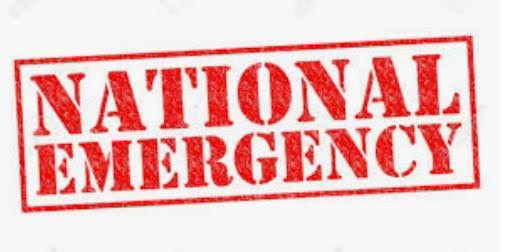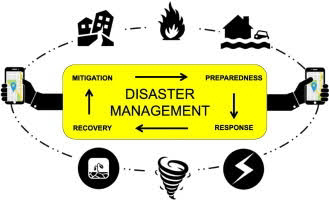NEED AND ADVANTAGES OF IPR
Intellectual property rights play an important role in a nation's commerce in the modern world. In this digital age, there is a greater chance of new ideas being taken without the author's permission. The need for strict intellectual property legislation contributes to the overall economy of the respective state. IPR is one of the main sources of security for intangible properties which are still open to the public and which can be quickly replicated by anyone. IP crimes have become the part and parcel of the digitised era leading to failure of business. Intellectual property rights are important for encouraging creativity. Without intellectual property rights, companies and people would not enjoy the full value of their innovations and would devote little time to research and development.
ADVANTAGES OF IPR-
(I) Innovative and creative ideas to maximize benefits-
...



